People in Taiwan will be the ultimate victims if the United States turns the island region into a battlefield for a proxy war with China, according to Yok Mu-ming, former chairman of the island's pro-reunification New Party.
U.S. interference in the Taiwan question is a major factor hindering the reunification of the two sides of the Taiwan Strait, Yok said in an exclusive interview with China Daily. "Many people in Taiwan hope to see reunification if the U.S. stops meddling in the situation."
Yok said that the U.S. doesn't want to see the two sides of the Strait reunite, as it intends to use the island as a pawn to contain the Chinese mainland in the same way as it is using Ukraine to suppress Russia, and it has been adopting two-faced tactics on the Taiwan question.
"U.S. President Joe Biden has long harbored the intention of exploiting Taiwan to fight a proxy war with China and using Taiwan to weaken the mainland," he said.
Media reports alleged that the U.S. has been considering plans to destroy the island in the event of a military conflict across the Taiwan Strait, which prompted Foreign Ministry spokesman Wang Wenbin to ask at a news conference in February about what's in store for Taiwan as a result of the U.S. plans.
Yok said it is a malicious intention of the U.S. to turn Taiwan into a battlefield as the Biden administration has said that it would help train Taiwan's armed forces to fight a guerrilla war on the island.
"Taiwan compatriots will become the ultimate victims of such a conflict and it will be the island that will be destroyed," he said. "The result of the U.S.' plan to exploit Taiwan is the destruction of Taiwan."
Leaving his hometown of Shanghai for Taiwan in 1948 at the age of 8 and being unable to return to the mainland until 1990 due to the cross-Strait situation, Yok said that he has always looked forward to seeing the realization of China's reunification and national rejuvenation.
Serving as the chairman of the New Party from 2003 to 2020, Yok has been devoted to opposing "Taiwan independence", as well as promoting cross-Strait exchanges and national reunification.
Yok said Taiwan will benefit greatly from the country's reunification, noting that the large amount of money the island spends on U.S. weaponry every year could instead be used to improve people's livelihoods on the island.
After reunification, tourism revenue generated from mainland travelers to Taiwan and their spending while on the island will also help boost the island's economy, he said.
Taiwan compatriots are unsatisfied with the Democratic Progressive Party authorities, and people on the island support resuming exchanges with the mainland, he said.
However, the DPP authorities are restricting such exchanges as they are afraid that young people on the island will learn about the reality on the mainland and find that it's different from what they have been told by the island's authorities, he added.
As long as the two sides of the Strait resume communication, it's easier to resolve the Taiwan question, he said.
"We are one family and we should take care of each other," he said.
Yok said that he agrees with the proposal of the mainland to consult with parties and individuals from Taiwan on the basis of the 1992 Consensus to make arrangements for reunification.
Yok, 83, said that he believed the mainland's system of multiparty cooperation and political consultation under the leadership of the Communist Party of China, in which the CPC exercises State power and the eight non-CPC parties participate fully in the administration of State affairs, is more democratic than the island's electoral system.
Even though the New Party once won about 14 percent of the votes in Taiwan in the 1990s, the third-largest share of the vote, the party still had no right to participate in the island's public affairs, he said.









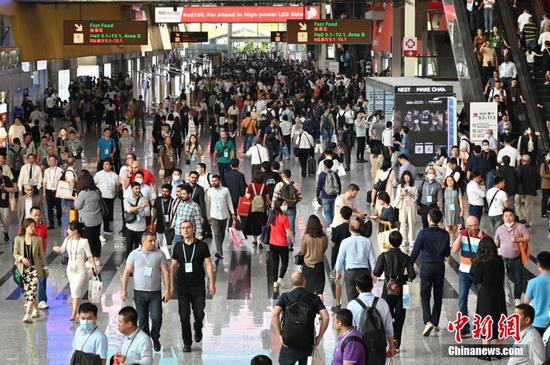
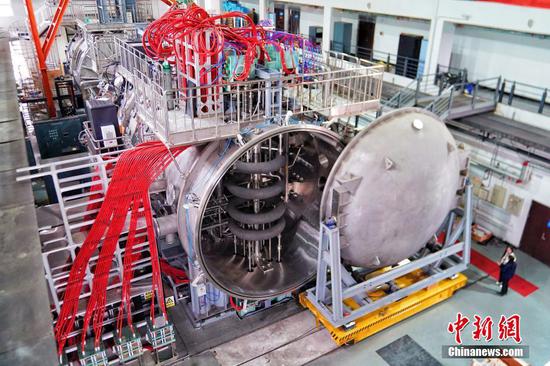
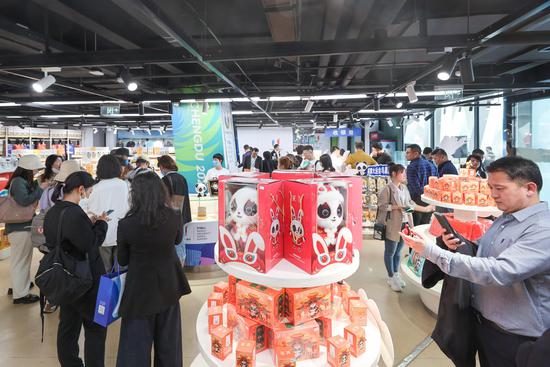



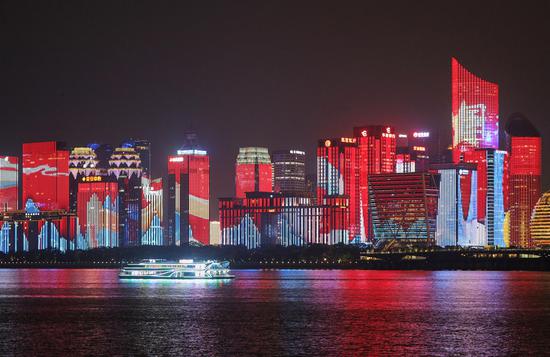
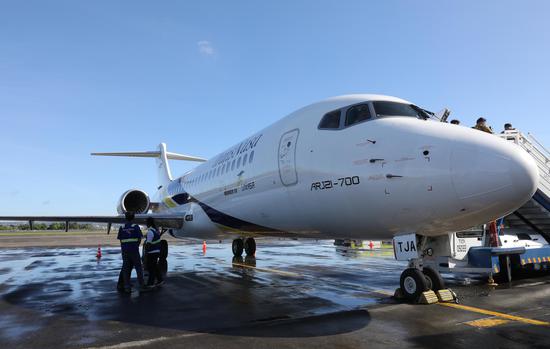
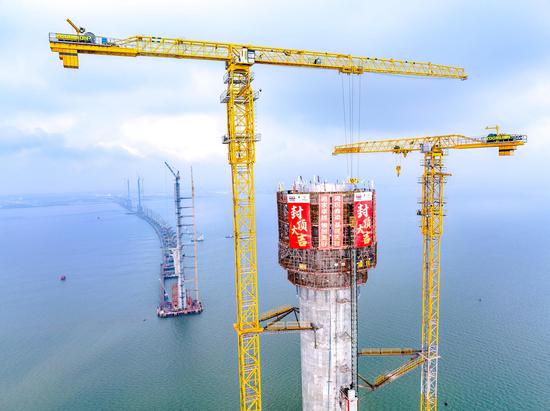
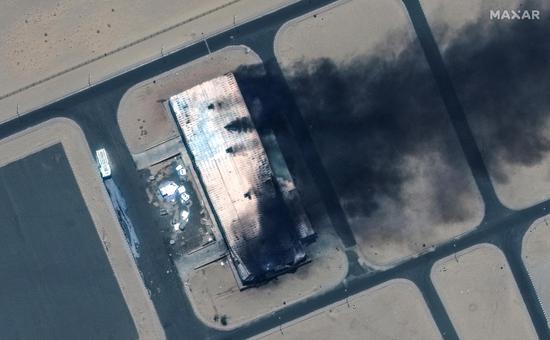
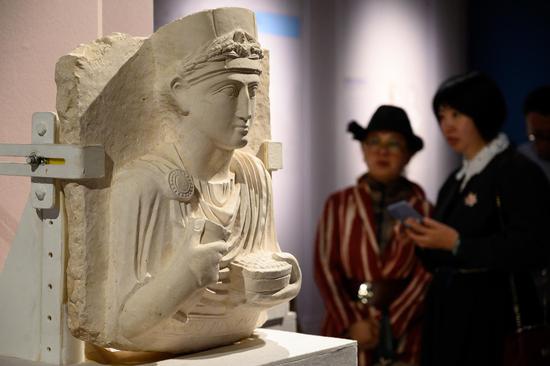

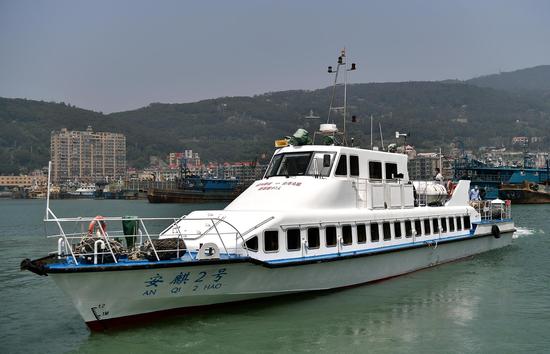
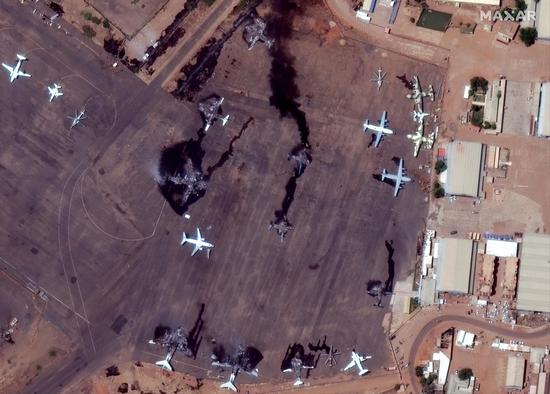
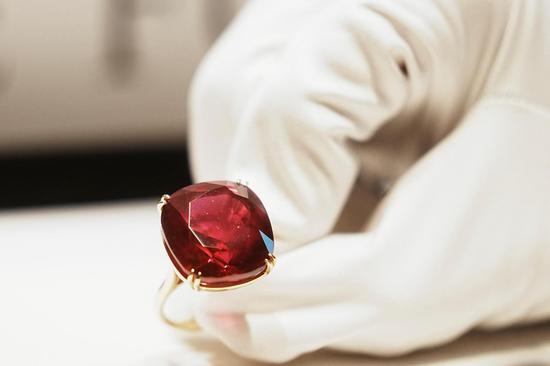
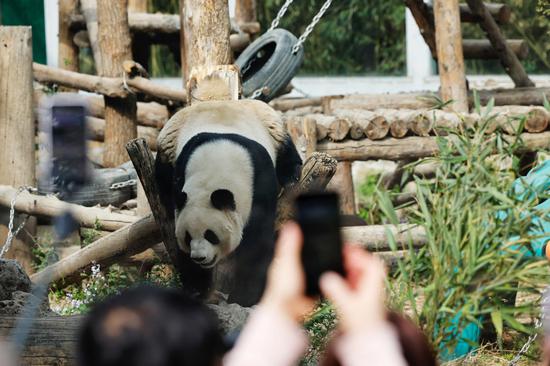
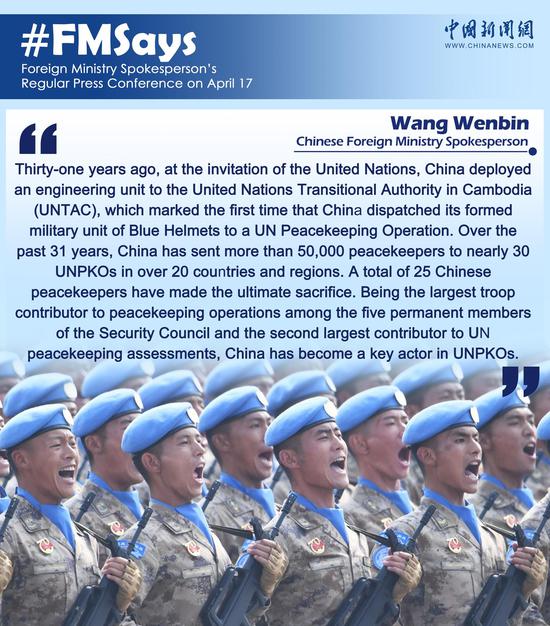

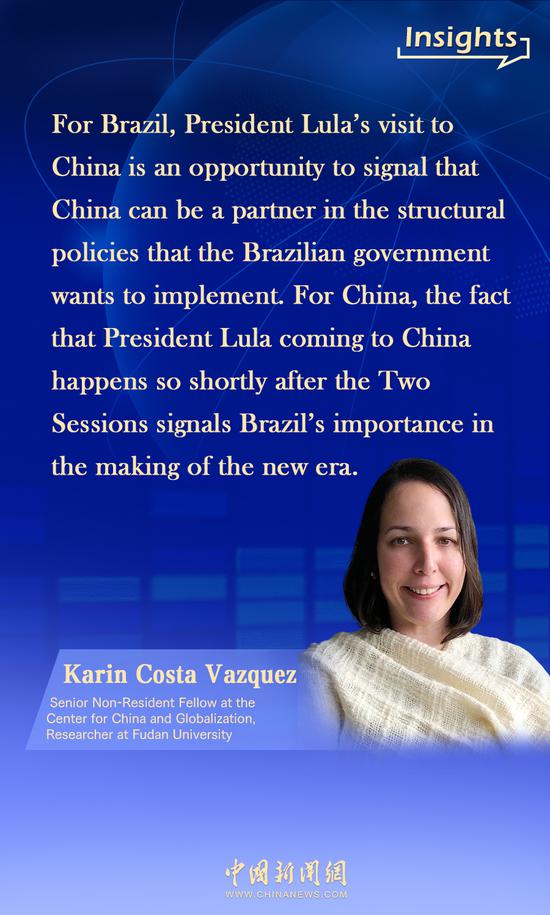
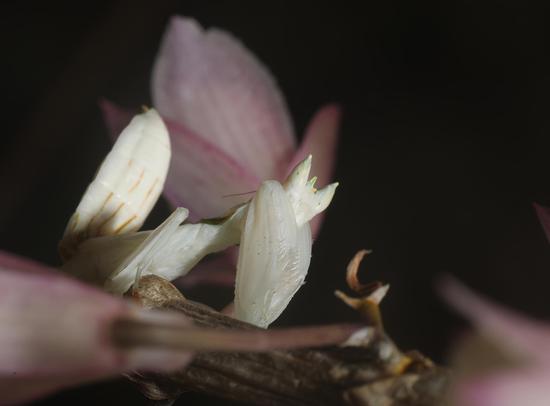
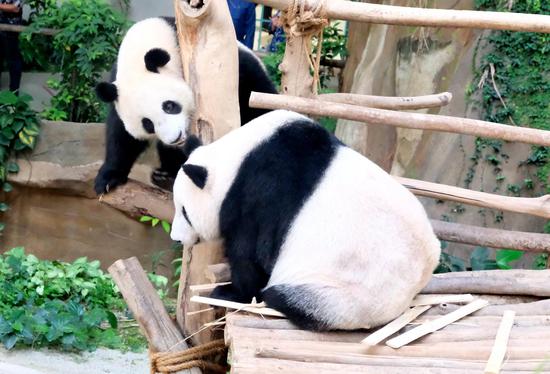
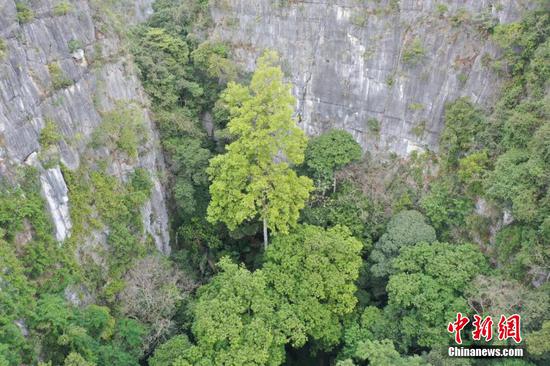
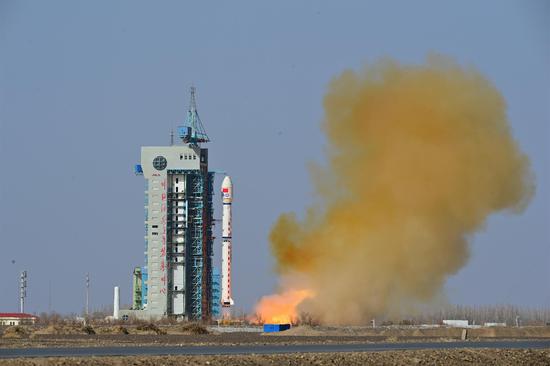
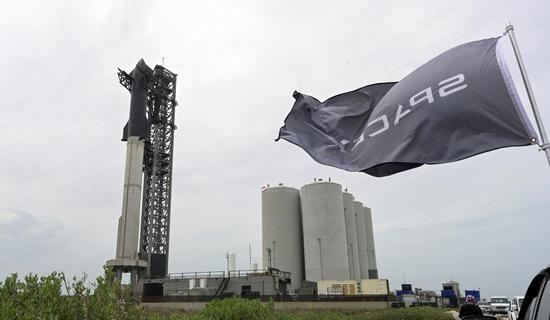

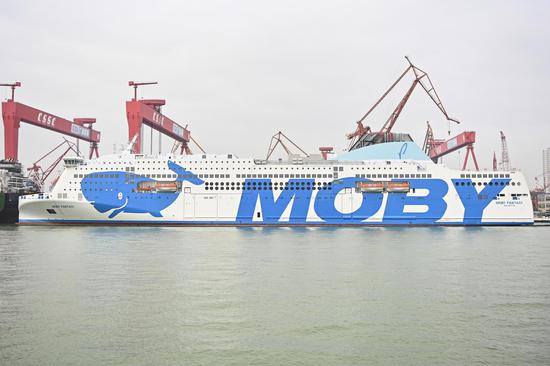
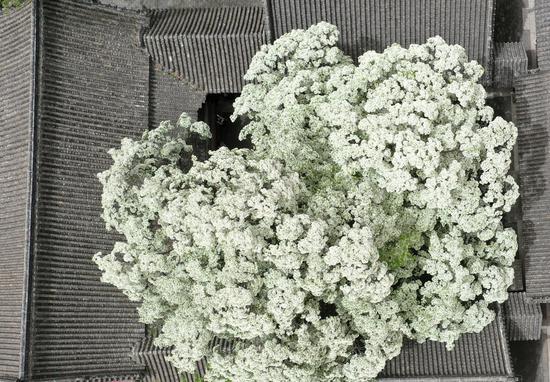
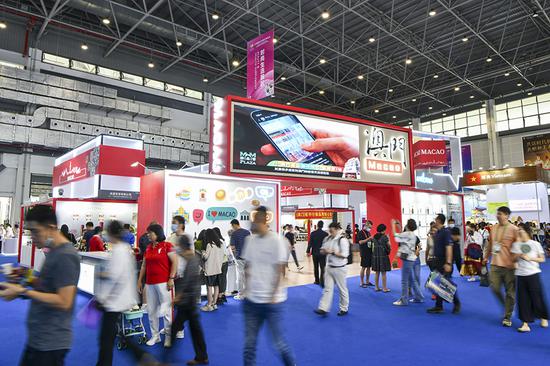
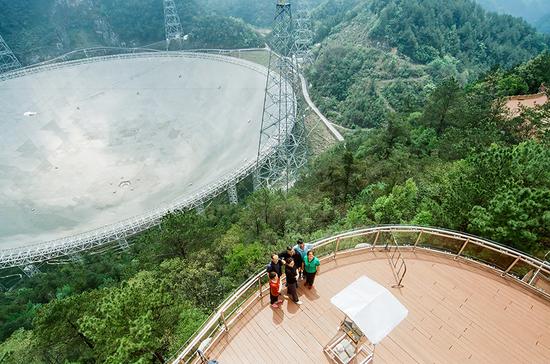
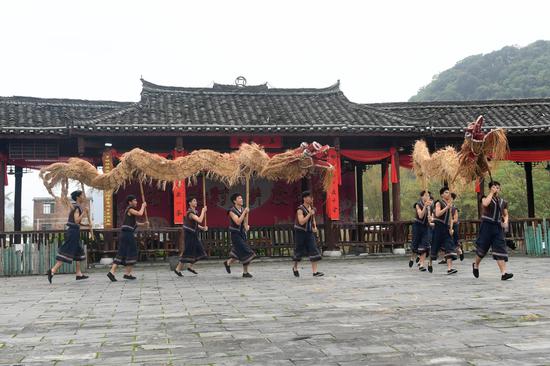
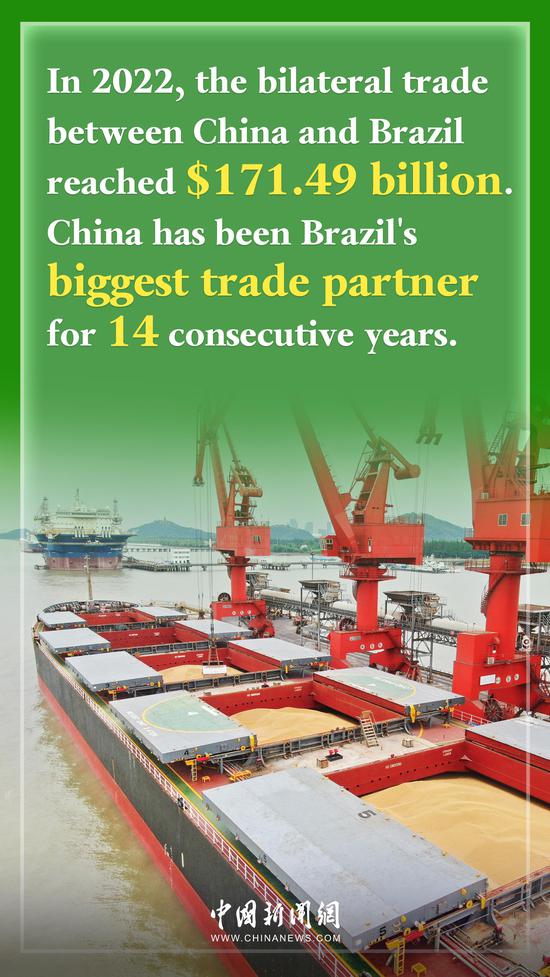
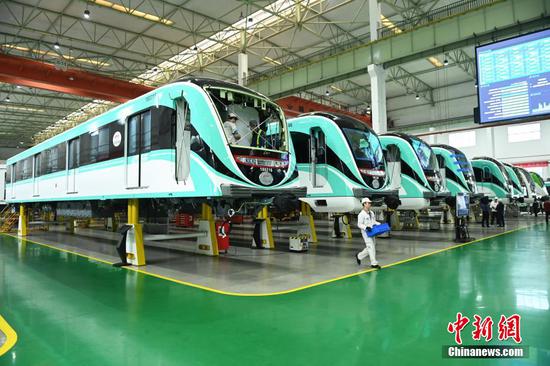
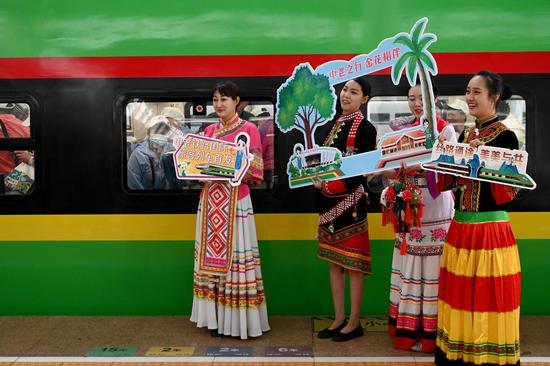








 京公网安备 11010202009201号
京公网安备 11010202009201号